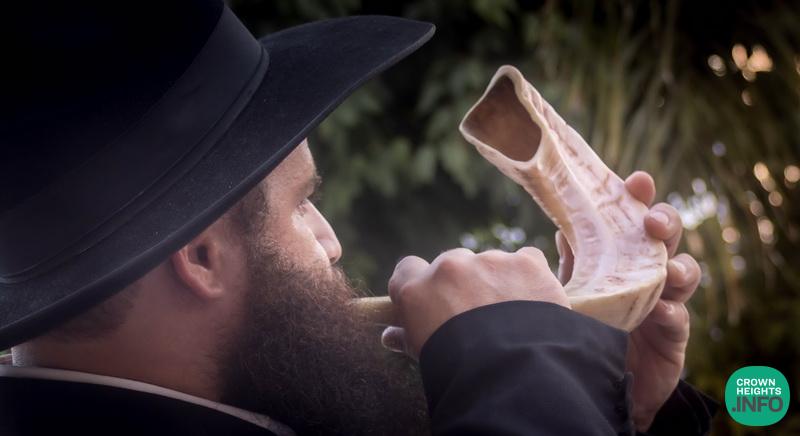
Weekly Dvar Torah: The Battle of a Lifetime- Elul, the Soul, and the Sweetness of Victory
“When you go out to war against your enemies, G-d will deliver them into your hand, and you will take their captives” (Devarim 21:10).
This is not about ancient wars or distant armies. This is the war each of us is born into. The moment the soul enters the body, the battlefield is set. On one side is the G-dly soul, a spark of heaven that yearns for truth, holiness, kindness, and light. On the other is the animal soul, the pull of the body, which cries for indulgence, selfishness, and comfort.
This is not a gentle tug-of-war. It is combat. The soul wants to rise, the body wants to sink. And you — every Jew — are the soldier standing in the middle.
The Torah gives us three reassurances. First, know your enemy. The Yetzer Hara, the cravings, the laziness — they are not the real you. Your essence is the soul, the spark of G-d Himself. Second, Al Oyvecha — you already stand above your enemy. From the start, the G-dly soul holds the higher ground. And third, G-d promises: if you go out to war, I will deliver him into your hands. Victory is not just possible — it is guaranteed.
But victory is not only about defeating temptation. The Torah adds: “and you will take his captives.” The enemy captures sparks of holiness, trapping them in selfish pleasure. Our task is to storm his prison and redeem them. When you eat with gratitude and use the energy for Mitzvos, the food itself is uplifted. When you earn money honestly and give tzedakah, the wealth itself is transformed. You don’t just fight — you reclaim, you redeem, you bring the captives home.
And now comes Elul. Thirty days before Rosh Hashanah, G-d gives us a gift: time to prepare for battle. Time when the King Himself comes “into the field,” close to every Jew, ready to strengthen us.
The Torah speaks of giving a captive thirty days to reflect before becoming part of the Jewish home. Spiritually, this is the body’s thirty days. The animal soul pauses, and if we allow it, it begins to realize: “Without the soul I am nothing. Without that spark of G-d, I am lifeless.”
This is the turning point. The body, once an enemy, begins to serve the soul. Its passions and drives don’t disappear — they are harnessed. The stubbornness that once pulled us away from holiness can now anchor us in holiness. The fire that once burned for indulgence can now burn for Torah.
This is teshuvah — not only fixing what’s broken, but transforming darkness into light, enemy into ally.
The parsha also speaks of a man with two wives, one beloved and one despised. The beloved represents the G-dly soul, the despised the animal soul. And yet, the firstborn belongs to the despised. Why? Because the animal soul comes first. The child desires food before Torah, pleasure before purpose.
But the Torah commands: honor him. Because the animal soul, too, was created by G-d, and it holds untapped power. When its passion is directed toward holiness, it becomes the greatest strength of all. The wild horse, once tamed, runs faster and carries farther than anything else.
Our mission is not to destroy the body, but to transform it. To make the despised beloved.
So here we are in Elul, with thirty days to prepare for the coronation of the King. Thirty days to stop pretending the war isn’t real. Thirty days to embrace it, knowing that the Torah promises us victory.
Do not say, “I am too weak.” Do not say, “I’ve failed too many times.” G-d Himself assures us: go out to war, and I will place the enemy in your hands. Your task is to step forward. The victory is already written.
And when we win, we don’t just survive — we redeem the sparks, we transform the world. We crown G-d not only in heaven but here, in the kitchen, in the office, in the marketplace. We reveal Him in the ordinary, in the body, in the animal soul itself.
That is the sweetness of Rosh Hashanah. Not just apples and honey, but the taste of victory: a soul on fire, a body transformed, sparks redeemed, and a world closer to Moshiach.
So march into Elul not with fear but with joy. Start the war with a victory dance. Because the Torah doesn’t speak in maybes — it promises: the enemy has already fallen, the captives are already coming home, and the New Year is already sweet.
Have a Shabbos of Victory and Superiority,
Gut Shabbos
Rabbi Yosef Katzman









